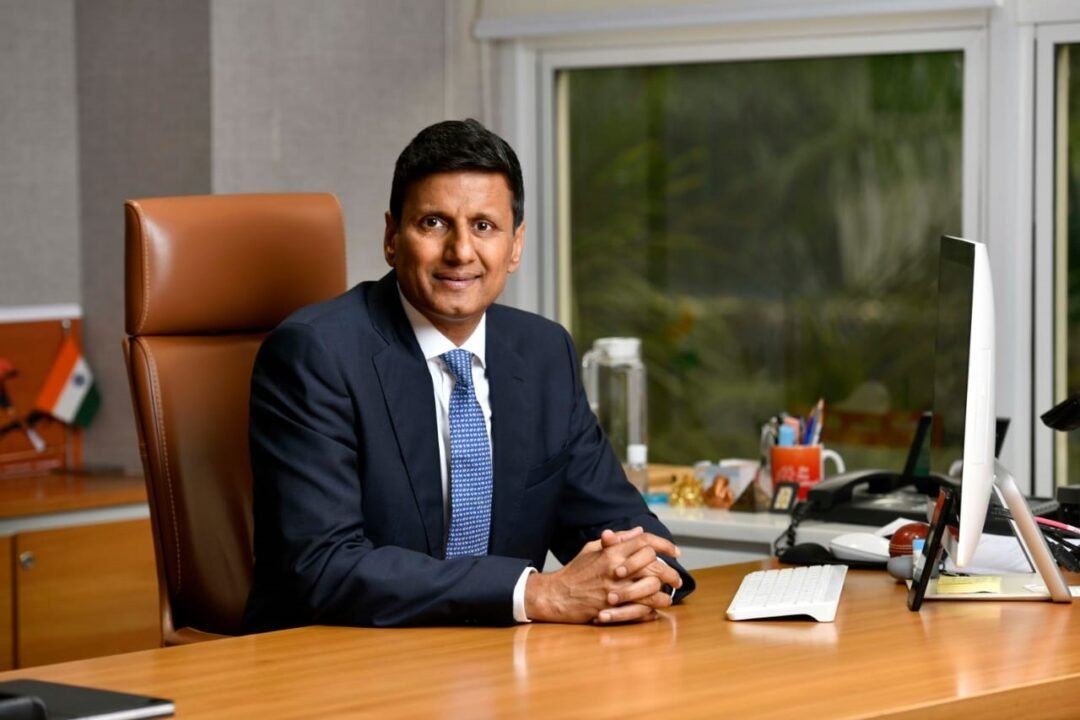HT Bureau
GUWAHATI, July 21: Amidst the valuable lessons brought on by the pandemic, one resounding realisation has been the paramount importance of our health. While insurance undoubtedly plays a crucial role, it is equally vital to shift our perspective from mere protection to proactive prevention. Aviva India’s CEO & MD, Asit Rath, urges the adoption of five healthy habits that can significantly diminish the risk of falling ill or incurring exorbitant medical expenses, thereby safeguarding our well-being.
Asit Rath emphasises the need for responsible financial habits as the first step. Practicing financial discipline by creating a budget and adhering to it can lead to substantial savings. By setting aside at least 35% of one’s salary regularly over an extended period, individuals develop a positive mindset, sharpen decision-making abilities, and promote overall mental well-being.
Secondly, Rath underscores the critical role of a healthy diet in preventive healthcare. Scientific studies have established a direct link between poor dietary choices and the development of various health conditions. Diets high in saturated and trans fats, for instance, increase the risk of heart disease, while excessive sugar consumption raises the likelihood of diabetes. Conversely, a diet abundant in fruits and vegetables has been shown to lower the risk of specific cancers, building a robust defense against potential health issues.
Physical fitness and regular exercise form the third key habit. Beyond the obvious benefits of improving physical health, engaging in regular exercise enhances strength, flexibility, and coordination, thus reducing the risks of injuries and accidents. Notably, physical well-being achieved through exercise also has a profound impact on mental well-being, releasing endorphins that promote feelings of happiness and reduce stress, anxiety, and symptoms of depression.
Fourthly, Rath highlights the significance of regular checkups and early detection of health issues. Emphasising the adage ‘prevention is better than cure’, Rath encourages individuals to prioritise routine health examinations. By identifying and addressing health concerns at an early stage, more extensive and expensive treatments can often be avoided, ultimately saving time and money.
Finally, Rath focuses on nurturing a healthy mind as the foundation for a healthy body. Engaging in social activities, hobbies, and shared experiences can alleviate stress, combat feelings of loneliness, and enhance overall mental well-being. Incorporating meditation and mindfulness practices into daily routines also promotes emotional resilience, self-awareness, and effective management of anxiety and depression.
In conclusion, Asit Rath advises complementing insurance coverage with the adoption of these five healthy habits. By doing so, individuals can mitigate the financial risks associated with illness treatment and pave the way for a more secure and prosperous future, while simultaneously safeguarding their physical and mental well-being.












